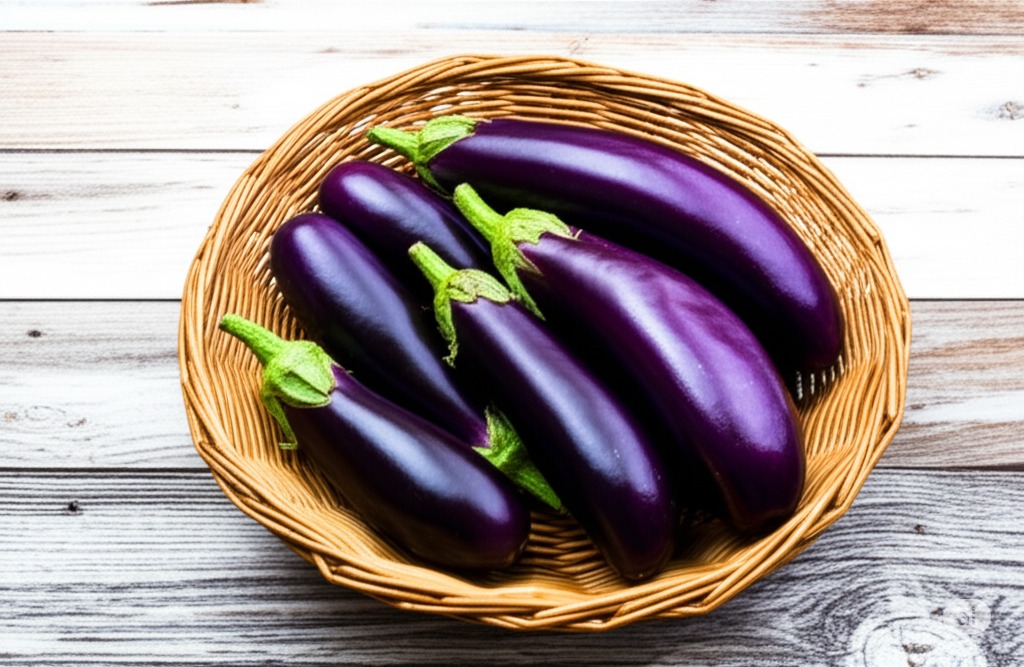 |
Eggplant is packed with antioxidants, including nasunin (found in the skin) and lutein and zeaxanthin (in the flesh), both of which have anti-inflammatory properties. Eggplant is also rich in fiber and minerals, which slow digestion and prevent blood sugar spikes.
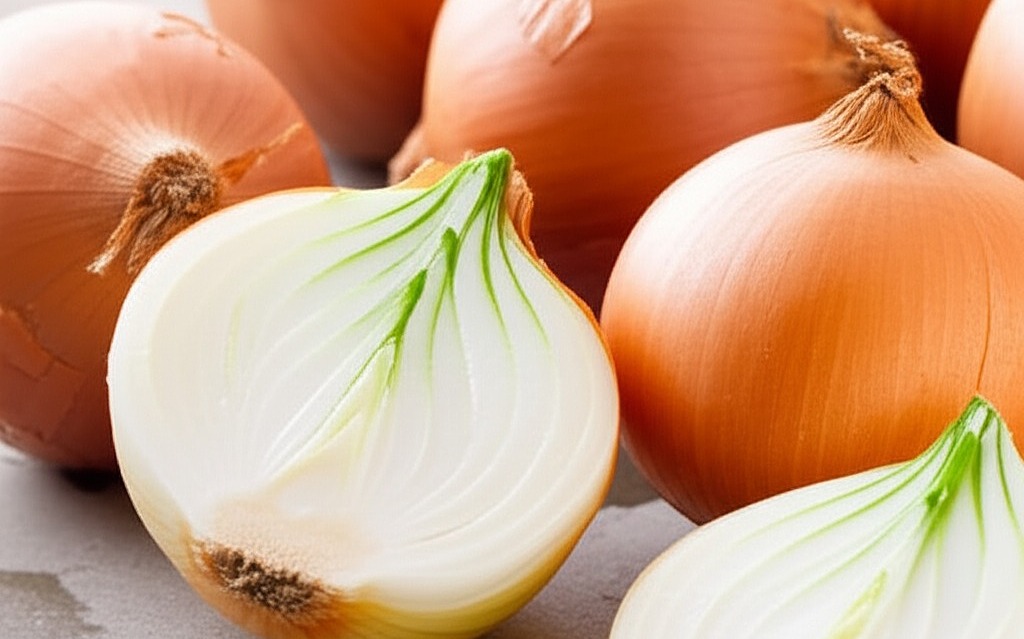 |
Onions, especially red onions, are rich in anthocyanins, antioxidants that neutralize free radicals and protect cells from damage. They also contain quercetin, an antioxidant that reduces histamine release from cells, thereby lessening allergic reactions.
In addition to vitamin C, onions contain folate (vitamin B9) and vitamin B6, important for healthy metabolism and nerve function, reducing the risk of diabetes complications.
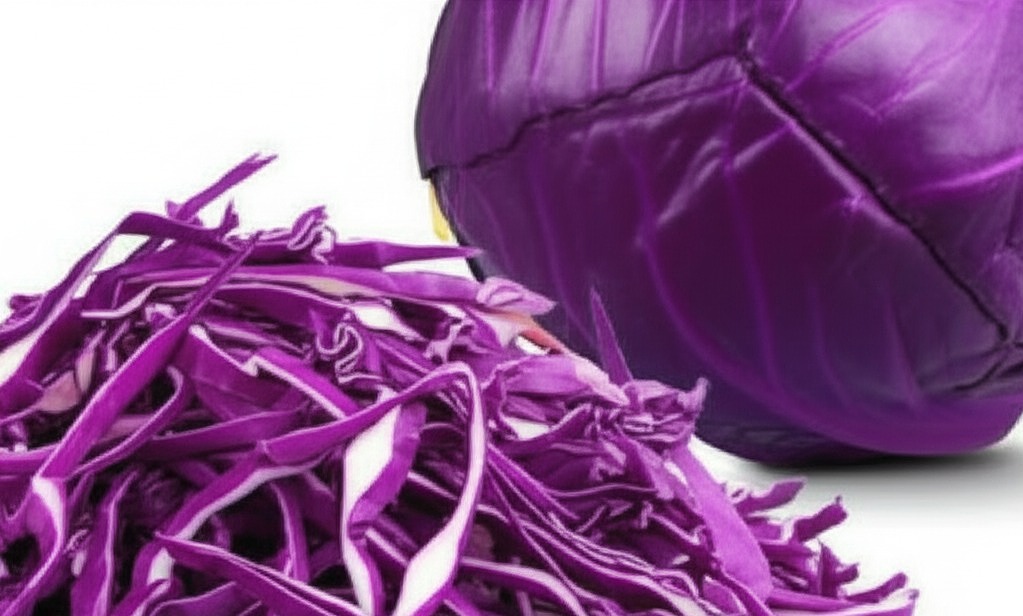 |
Red cabbage has a similar taste to green cabbage but contains more nutrients and beneficial compounds like sulforaphane, which contributes to improved blood sugar control, especially in people with type 2 diabetes. It's also rich in fiber, vitamin C, and vitamin A.
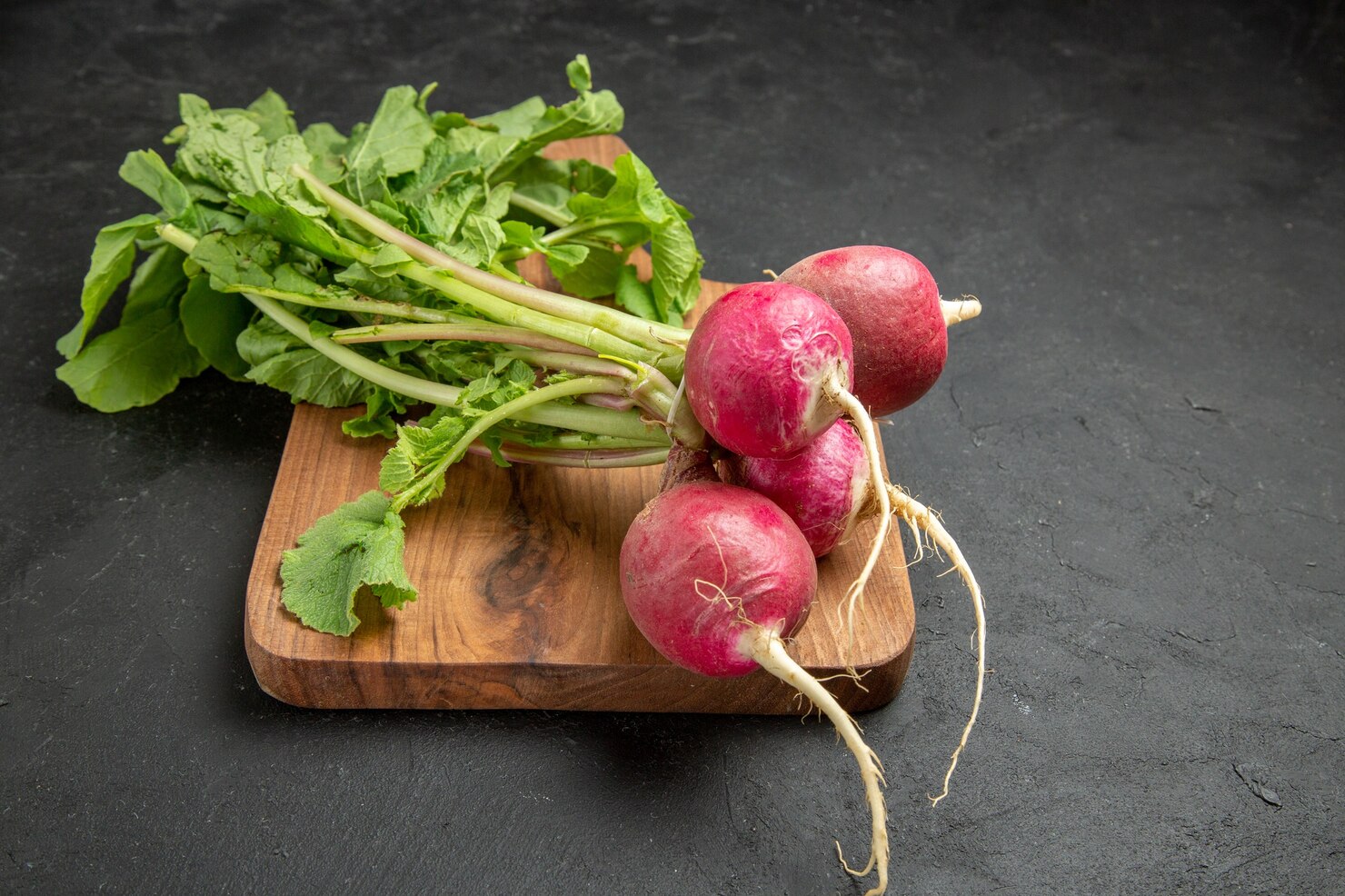 |
Beetroot's distinctive red color comes from betacyanin, a potent antioxidant. The body converts nitrates in beetroot into nitric oxide, which helps relax blood vessels and lower blood pressure, preventing cardiovascular complications in people with diabetes. Beetroot has a medium glycemic index, meaning it has a moderate effect on blood sugar levels.
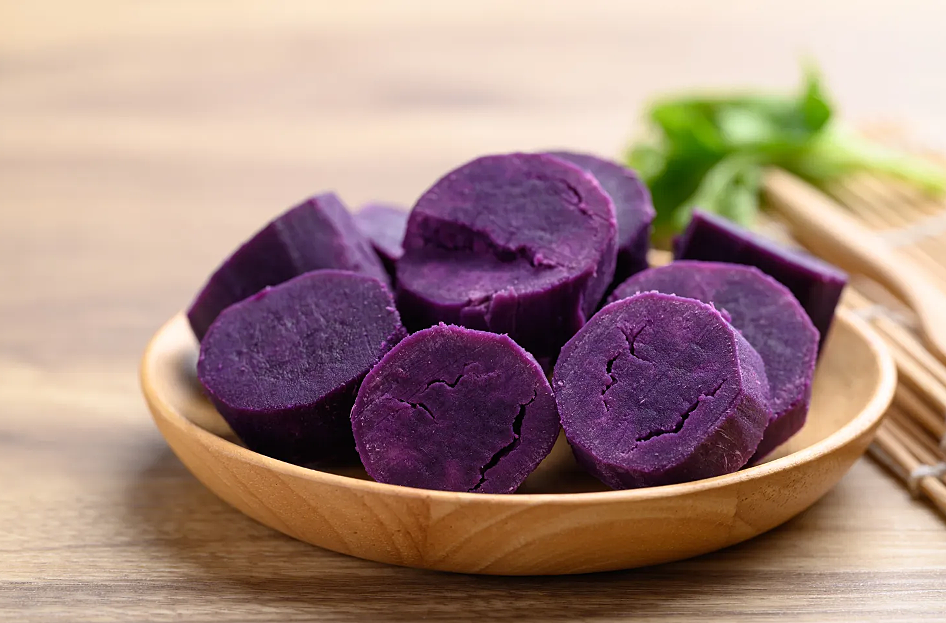 |
Purple sweet potatoes are abundant in beta-carotene, which the body converts to vitamin A, benefiting eye health, the immune system, and skin. They also contain anthocyanins like cyanidin and peonidin, which can prevent cell damage and reduce inflammation. Purple sweet potatoes have a low glycemic index.
Anh Chi (according to Very Well Health)
Photos: AI, Bui Thuy












